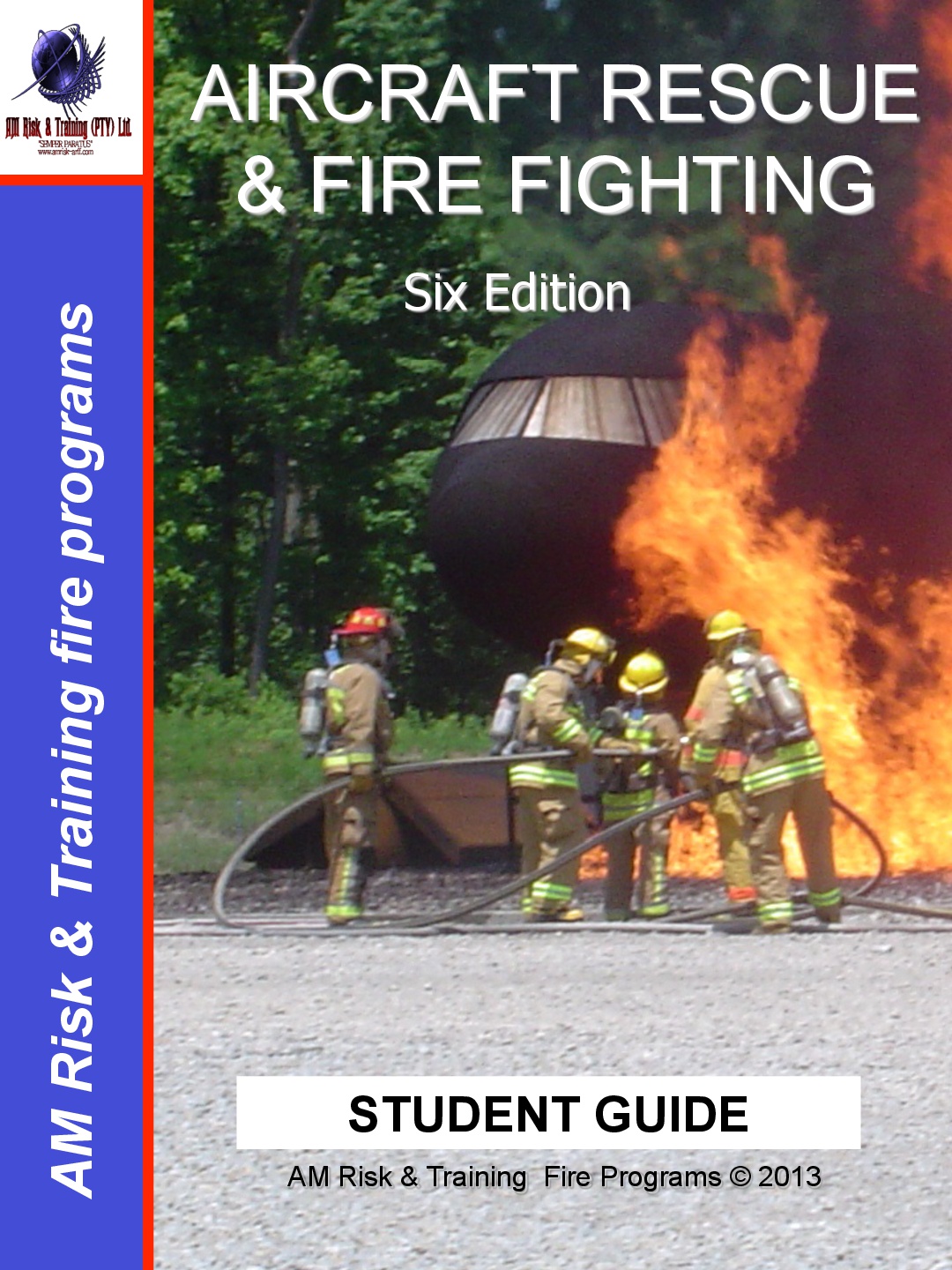OVERVIEW
This unit standard is intended for Fire and Rescue personnel that are required to conduct firefighting and rescue activities involving aircraft. The learner will achieve tactical competencies to deal with firefighting and rescue activities at an aviation incident.
On completion of this unit standard learners will be able to:
Respond to a call out at an aviation incident.
Select a strategy for fire suppression at an incident.
Secure the scene of an incident.
Perform basic rescues at aviation incidents
INTERNATIONAL COMPARABILITY |
Comparability with leaders in the field:
Many countries implement training programmes according to international codes and standards developed by National Protection Fire Association (NPFA) which is a professional fire organisation comprising specific industries to set forth widely accepted standards of care and operations for certain practices with 140 member countries. When selecting the countries in conducting international comparability, it is noted that they were chosen, firstly, because they are all members of the International Fire Service Accreditation Congress (IFSAC) and they offer training and development in the field of emergency services and fire rescues based on the NFPA standards that accredits over 100 Fire Service Providers internationally as a custodian of certification and quality assurance, basing its accreditation on NFPA standards.
The search therefore indicated that most training programmes and/or qualifications or courses offered in the USA and UK as leading countries have been found to be comparable with the South African qualification although they are based on the NFPA levels.
Conclusion in terms of international comparability:
In conclusion, the qualifications examined compare extremely well to the South African qualification in both leading and other countries such as New Zealand taking into account the fact that some have been developed specifically for fire and rescue officers and/or firefighters already practicing in the field, whereas the South African qualification focuses on generic competencies in the core component and specialised competencies in the elective component, thus providing open access to persons who wish to enter the field and those who are already practicing in the field. |
This unit standard is part of a full national certificate what is currently being developed by AM Risk fire programs in line with the SAQA unit standard 64390.
The full National certificate will compile of a 130 credits what will be articulated to a full National Diploma (National Diploma: Fire technology)
AM Risk and Training prides itself as the only accredited training provider to give this unit standard currently in South Africa.

